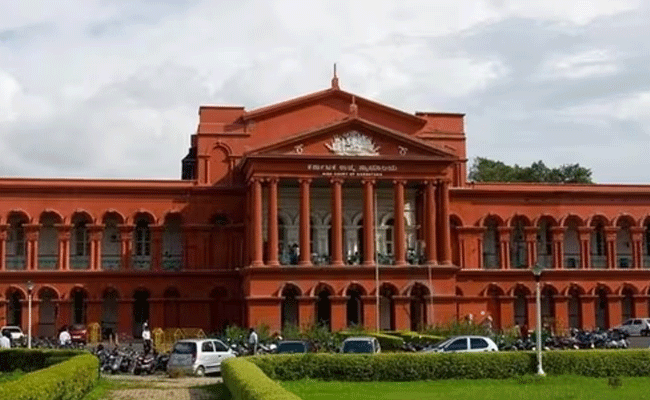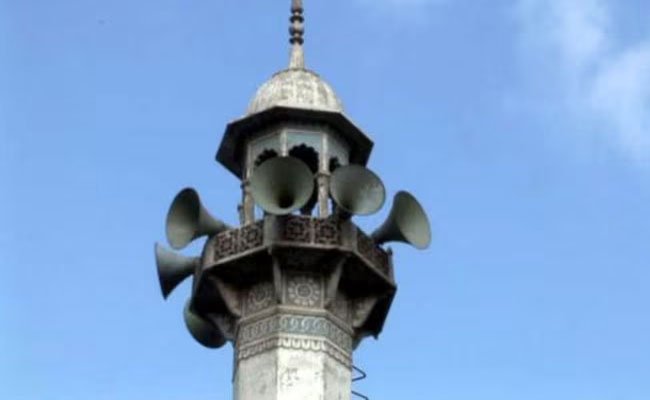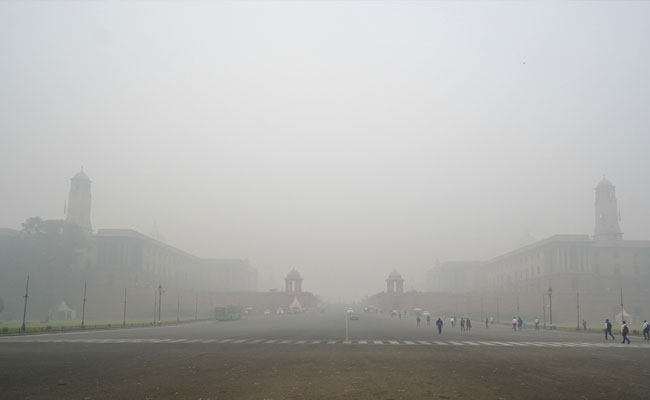Bengaluru: In a recent judgment, the Karnataka High Court has ruled that insisting an individual repay a borrowed loan does not constitute abetment to commit suicide under Section 306 of the Indian Penal Code (IPC). Justice Shivashankar Amarannavar clarified that mere harassment or demands for loan repayment, lacking the intent to drive the person to suicide, do not qualify as abetment.
The case in question involved the suicide of Raju, who was married to Kavita, with one child together. Raju had borrowed money from the appellant, who allegedly harassed him for repayment. On April 25, 2019, the appellant and her daughter visited Raju's house, and on that day, Raju took his own life. The appellant was later convicted under Section 306 of the IPC, leading to an appeal in the High Court.
The appellant argued that the prosecution's evidence was insufficient to establish abetment, emphasizing that demanding loan repayment does not constitute encouragement for suicide. They maintained there was no intention on their part to drive Raju to suicide, suggesting his financial troubles might have contributed to his tragic decision.
The Karnataka High Court supported this argument, stating, "The appellant/accused has lent money to the deceased Raju. She was interested in getting back the said money. She had no intention of taking the life of the deceased Raju. Therefore, there is no clear mens rea on the part of the appellant/accused to abet the deceased to commit suicide."
The court emphasized that the prosecution failed to prove the required burden under Section 101 of the Evidence Act, highlighting that the circumstances presented did not lead to a definite inference of guilt.
The court cited several legal precedents to emphasize that the intention to provoke suicide must be present for an abetment charge to be valid. It also highlighted that each case of suicide is unique and depends on various factors, and that a person's reaction to a situation can vary significantly.
“There is no evidence to show that the appellant/accused had intention to drive out the deceased Raju to commit suicide. Looking from any angle, the act of the appellant/accused harassing the deceased for repayment of money borrowed and threatening him to take his life does not amount to abetment,” the Bench stated.
As a result, the High Court allowed the appeal, overturned the appellant's conviction, and directed the refund of any fines previously paid.
Let the Truth be known. If you read VB and like VB, please be a VB Supporter and Help us deliver the Truth to one and all.
Jamshedpur (PTI): One person was arrested on the charge of raping a 30-year-old woman with speech impairment in Jamshedpur, a police officer said on Tuesday.
The incident occurred in the Azadnagar police station area of the city, and a case in this regard was registered based on the statement of the victim's brother on Monday.
The victim had gone to fetch water from the premises of a company on Monday evening. When she did not return even after a considerable time, family members went out in search of her and caught the accused red-handed, police said.
ALSO READ: BJP accuses Karnataka govt of 'failing' to prevent noise pollution caused by 'azaan'
The accused was a caretaker of the company.
Deputy Superintendent of Police (Patamda) Bachandeo Kujjur said due to scarcity of water in the area, the victim used to fetch water from the premises of the company.





